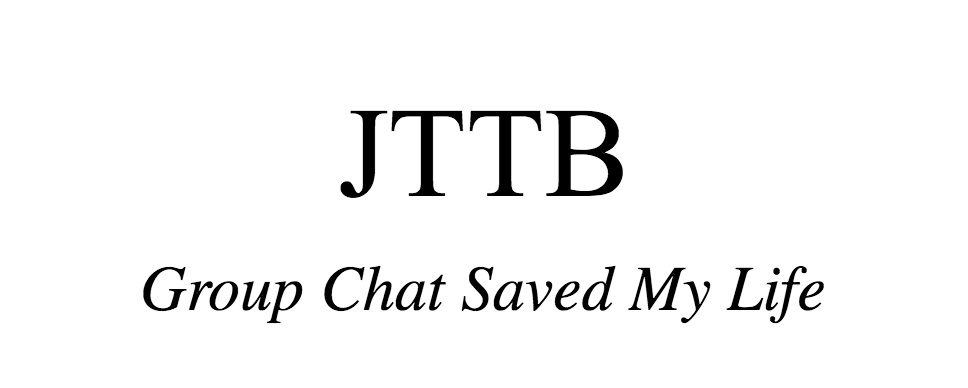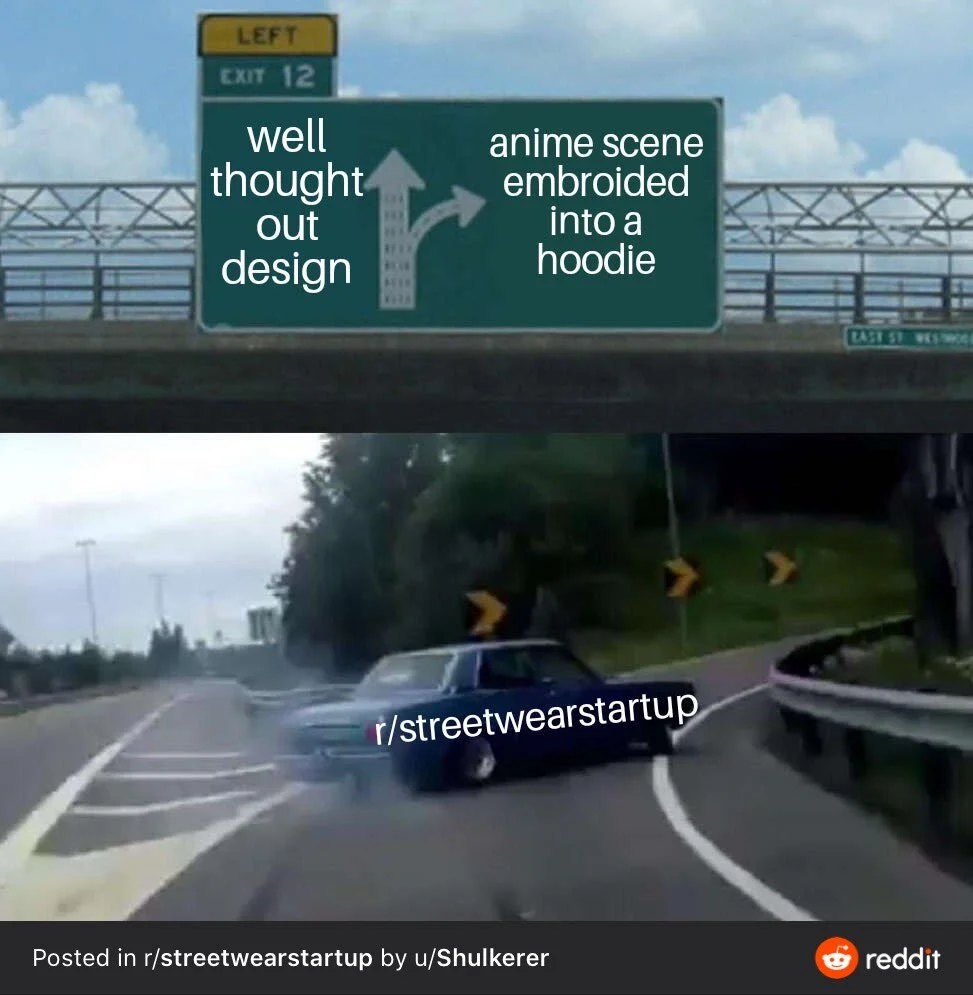r/StreetwearStartup— a New Frontier for Retail?
A lot has changed since I was first introduced to Reddit five years ago. Like most things, its rise in popularity seemed directly tied to a downfall in quality. In spite of this, Reddit is not all bad. It’s impossible to completely condemn a site that continues to foster smaller communities where people can successfully, even productively, bond over a common interest. Just like podcasts, there is a subreddit for everything including, of course, for podcasts. Camaraderie and thoughtful communication are typically harder to come by in larger subreddits, and even those more niche threads made with positive intentions can find themselves consumed with trolls. Though seemingly unavoidable, this fate is successfully — if not arbitrarily — staved off by a fortunate few. Among these ranks is where r/StreetwearStartup resides.
The “About” section of r/StreetwearStartup declares it “a platform for streetwear brand owners both startup and established alike to discuss ideas, trade knowledge, and connect with other brand owners.” The ostensibly vague jive is, in reality, necessary to capture the multitudes of purpose the platform serves. The community itself is a microcosm for the streetwear movement. Brands that exist in its ecosystem possess no singular defining trait. Alongside the penchant for graphic tees and sweatshirts, brands are doing cut and sew and others are creating one-off pieces using methods such as hand painting or dying. Beyond a platform for brands to showcase these pieces, the communal element also allows them to exchange feedback on their designs. While asking for advice from the internet is generally ill-advised and admittedly about half the criticism on any given post may be less than helpful, the online streetwear startup community is by and large cordial, supportive, and even constructive where other communities of its like have failed.
The community also avoids the trappings of the internet echo chamber, consistently surprising with the diverse and refined level of taste of the collective (this is especially the case relative to r/Streetwear where the style could at best be considered gauche). Perhaps intimidated by the notoriously inhumane and unforgiving nature of internet criticism, those without unique perspectives or design talent steer clear. Rather than harsh criticism, however, one might find that many ideas floated into the space have levels of potential simply needing to be met with the right conversation.
Though r/StreetwearStartup is comprised of one hundred thousand members, it feels intimate— virtually personal. Even on Instagram, which possesses many of the communal aspects of a subreddit, upcoming brands have never seemed to touch such a conversational relationship between brand and audience. Sure, a large number of requests for reissue or specific colorway may be taken under consideration through a post’s comments, but attempts at detailed criticism seem almost laughable. This is accentuated by the fact that brands with an Instagram presence still can be found on the sub fielding feedback. A comment on Instagram declaring the anatomy of a skeleton graphic designed by the brand Bok New York “looks a bit odd” might seem almost petty, but on Reddit is a valid feedback with over 25 people upvoting in agreement. r/StreetwearStartup welcomes this interaction and those who lean into them reap the benefits.
“Any ideas on how you could [incorporate] primary colours into the tee/hoodie would be amazing,” solicits Awake at Three, a self-described “one man independent streetwear brand” based in Bristol. The exchange is strikingly collaborative, with fellow brand owners and customers magnanimously offering feedback. Here, vulnerability in the design process isn’t perceived laziness— it’s all but canon. Fully fleshed ideas, though not uncommon on the site, never appear on the platform from established brands. There is no room for those already inaugurated into the mainstream. Even though Alex’s Stupid Shirts has just over twenty thousand followers on Instagram, it could hardly be considered a member of the streetwear establishment.
As these brands begin to build, I am curious to see how these collaborative beginnings translate to the coming success. Will subreddit-hero Alex’s Stupid Shirts one day hold rank among the Supremes and Kiths of the world? Do humble beginnings lead to humble empires? If so, what does the realization of a brand born on the internet look like? Even brands like Kith and Supreme, with their roots in traditional retail, have turned to the web as the next logical step in catering to a target demographic that grew up with online shopping. But as the internet continues to empower buyers, who now have access to the designers and creatives at their fingertips, Does the criteria to purchase becomes greater? Aesthetic crowd-sourcing could be the next step in retail. As consumers continue to seek deeper connections to the product, personal stake is not an illogical progression.



